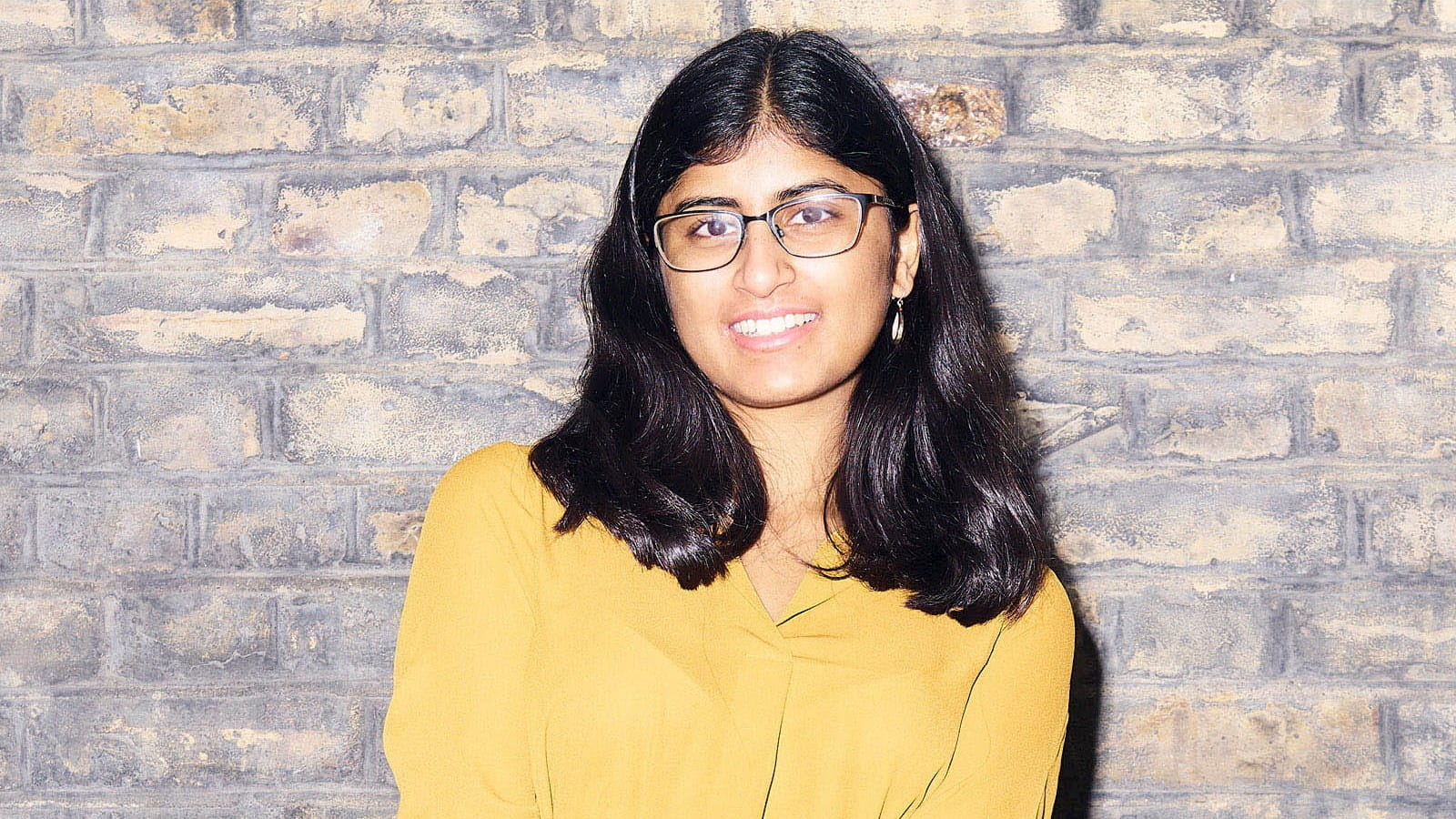As ACA student Ashwini Poopalasingham looks back over her first year of training, she reflects on 10 of the most important things she’s learned.
1. It will feel overwhelming at times
When I took my first Certificate Level exams in October last year, I found it really overwhelming, trying to balance studying with working, and just the sheer amount of information I had to take in. But the more you do, the more you get used to it – and the less daunting it becomes. The step up from Certificate to Professional Level in June was a challenge, too: it was during a really busy period at work, so it was a struggle to fit in revision. That experience has given me confidence, though – that I can handle a busy situation, plan my time and still do well.
2. Failing is not the end of the world
I failed my second Certificate Level exam, and I really struggled with that at the time. It was a shock – I’d never failed an exam before, and I thought it had gone OK. Looking back, though, I’m glad it happened when it did: because it was a Certificate Level exam, I was able to retake it – and pass – a week later. That failure was a learning experience; it helped me understand how to prepare better, as well as the importance of taking breaks and not burning myself out.
3. You need the support of people around you
Being part of an intake with other trainees who are going through the same thing makes a real difference. Even before I started, I had connected with someone I met during the recruitment process, which helped with the first-day nerves. We’re all in it together – on the day we got our Professional Level exam results in July, we were all in the office nervously awaiting our text messages. It’s important to have a support network outside work, too – my family and friends have really helped me cope when things have been difficult.
4. A buddy can be invaluable
I have a buddy in the previous year’s intake at my firm, and she’s been brilliant. She’s given me great advice all the way through, and really helped me see that early failure in a different light. When I was studying for my first Professional Level exams earlier this year, I asked her advice on how best to take in and retain all the information, and she shared all her resources with me. That was a lifesaver. Now that I’m into my second year of training, I’ve got my own buddy in the new intake. It feels strange to be the one giving advice but great to be sharing my experiences!
5. Consistency is key
When it comes to studying, I’m quite disciplined. It gives me satisfaction to know I’ve done a couple of hours each day. I usually study in the evenings, but during my first two Professional Level exams when it was particularly busy at work, I was having to get up early in the mornings to revise instead, as I was just too tired by the end of the day. That really messed up my sleep patterns, and looking back I think it was quite unhealthy, so that’s something I’m hoping to avoid next time around.

6. Memorising facts is not enough
With these exams, it’s really important to make sure you understand everything properly. Of course, there are some areas where you need to memorise facts, but it’s about being able to apply your knowledge, especially when you get to things like preparing accounts and the ‘explain’ questions at Professional Level. What I’ve learned as well is that if you at least put down your workings out, or demonstrate some sort of understanding or explanation, you’ll still get partial credit, even if you end up with the wrong number. That could be the difference between a pass and a fail.
7. You’re using what you’re learning
The ACA feels very different to school and university, because you’re actually applying what you’re learning every day at work. Obviously some areas of the syllabus will be more relevant than others depending on your role – I work in audit, so Audit and Assurance are what I’ve been doing since I started – but since I took the Financial Accounting and Reporting exam, for example, I see terms that I studied popping up, and I now understand what they mean. It’s useful to have that broad knowledge, even if it’s not directly relevant to your day-to-day role.
8. The work is as much about people as it is about numbers
Taking on more responsibility and liaising with clients is one of the things I’m enjoying most about my job. I was really nervous when I first had to organise calls with clients on my own, but I enjoy the communication and human interaction aspect. I’ve only been on client sites a few times, but even having a conversation over Zoom or Teams makes a difference in building those relationships, rather than just sending a question in an email. The soft skills are just as important as the spreadsheets.
9. Enjoy down time when you have it
I’ve made the most of having more free time in between periods of college tuition, revision and exams. Some of my exams have coincided with particularly busy periods at work – I wish it would even out a bit! But as soon as they’re over I make sure I take some time off to travel and spend time with friends. College is just about to start again before my next two Professional Level exams in December, so The Great British Bake-Off has returned at the right time – it’s something to look forward to and the perfect mental escape from studying!
10. It will fly by
I didn’t realise until I got a LinkedIn alert the other day that it was a full year since I’d started my job. It’s flown by. I’m halfway through my ACA exams – I’ve taken six so far (one of them twice) and had exemptions from two others, so I’ve got six more to go – and I’ve learned so much. When I first joined, it was all so new, and I was trying to get used to it. I’m still learning new things, I’m still asking questions, but now I know what I’m doing. And it’s definitely still the right thing for me.
Discover the key dates and deadlines, top studying techniques to try and find your local Student Society.
